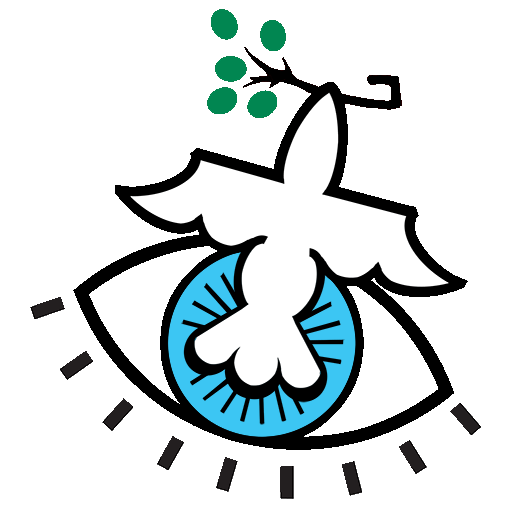Writers, throughout the world, are being silenced by legal actions, threats, violence, imprisonment, exile, death. As opportunities for writers rapidly progress because of the explosion of global communication and media technologies, writers find themselves increasingly targets of religious fundamentalists, governments, corporations, militant nationalists, political parties, war lords, drug lords, and other vested powers opposed to freedom of expression and freedom of inquiry.
According to Reporters Without Borders, to date this year, 60 professional journalists have been murdered and 146 journalists imprisoned. These numbers do not include the hundreds of citizen net-journalists and bloggers murdered or imprisoned. Not to mention the people who have been beaten up, fined, imprisoned, or even murdered just for posting a picture on the Internet or for clicking the ‘like’ button on Facebook.
To add insult to injury, public opinion of journalists continues to decline. According to Pew Research Center statistics ( 2013 ), only around 28% of the U.S. public judges that journalists contribute something beneficial to society. Almost the same percentage of people surveyed judge that journalists contribute nothing to the good of society.
When we combine the decline of traditional media—such as the daily print newspaper or of mainstream broadcast TV and radio journalism—with the decline of serious investigative journalism by these conventional media, we contemplate a bleak landscape for journalists and serious reporting.
Yet, at a recent symposium I attended on the Child Soldier, U.S. government officials stated that they frequently relied on journalists to do the investigating that they could not do. For me, this affirmation of the value of journalism was both heartening and disconcerting given the obstacles and dangers journalists face on a daily basis and given the general lack of respect from the publics they serve.
All writers are at risk, not just journalists.
Eritrea holds the title of the worst nation in the world on the issue of freedom of expression. Since 2001 all independent media have been suppressed. Amanuel Asrat, award-winning poet and editor, has been in prison since 2001.
Bangladesh authorities seem unwilling or unable to protect writers from religious fundamentalists. On Oct. 31, Faisal Arefin Dipan was murdered by Islamic extremists for publishing a book written by writer/blogger Avijit Roy, who himself was murdered in February 2015. Dipan was hacked to death in hisoffice in Dhaka. He is the fifth writer to be murdered by religious fanatics for ‘atheism’ and other perceived insults to ‘ true religion.’
India employs laws against defamation and civil ‘disharmony’ to silence writers who investigate corruption in governmental, political and corporate agencies. In August 2015: Chayan Sarkar was ‘disappeared’ for reporting on corruption in West Bengal; Sandeep Kothari was burnt to death for writing about illegal mining in the state of Madhya Pradesh; and Malleshappa Madivalappa Kalburgi was murdered by Hindutva terrorists for being a ‘rationalist.’
All of the many cases that PEN International and Reporters Without Borders and Amnesty International take up in defense of basic human rights and freedom of expression have a very human face to them. This fact was brought home to me again by what happened to the Ethiopian delegates to the 81st PEN World Congress in Quebec City, Canada, this past October.
During the scheduled work session of PEN International’s Writer in Prison Committee, four delegates of PEN Ethiopia asked for time to make us aware of what had happened to them as they were departing for Quebec. Ethiopian state forces had closed their PEN Centre and had confiscated all computers and files from their homes. When the Congress concluded, these four Ethiopian delegates were preparing to apply for asylum in Canada. They could not return to their homes and families in Ethiopia for fear of retaliation against themselves and their loved ones.
Ethiopia, an ally of the U.S. in our war against terror, uses the smoke screen of security laws to silence all opposition to the state. The government of Ethiopia judges the investigation of corruption in the military as a security threat.
Eritrea, Ethiopia, Bangladesh, India—I could easily add Mexico, Honduras, Venezuela—all seem far from the U.S. But, as our war against terrorism heats up because of evil attacks on innocent civilians by groups such as Islamic State, the balance between security and freedom to investigate and publish becomes skewed in favor of the state.
I fear that security laws, procedures and concerns will be used to intimidate writers, all kinds of writers, not just journalists.
It is already difficult enough to discuss Islam, or Israel, or abortion, or birth control, or ‘religious liberty,’ or gun controls or migrants in our country without becoming the focus for fanatical, sometimes violent, reactions.
As the threats, real and imagined, to our security increase, let us not sacrifice freedom for the illusion of a safe, comfortable, convenient world.
___________________________________
WCTimes : 02 December 2015
Nick Patricca is professor emeritus at Loyola University Chicago, president of Chicago Network and playwright emeritus at Victory Gardens Theater.
